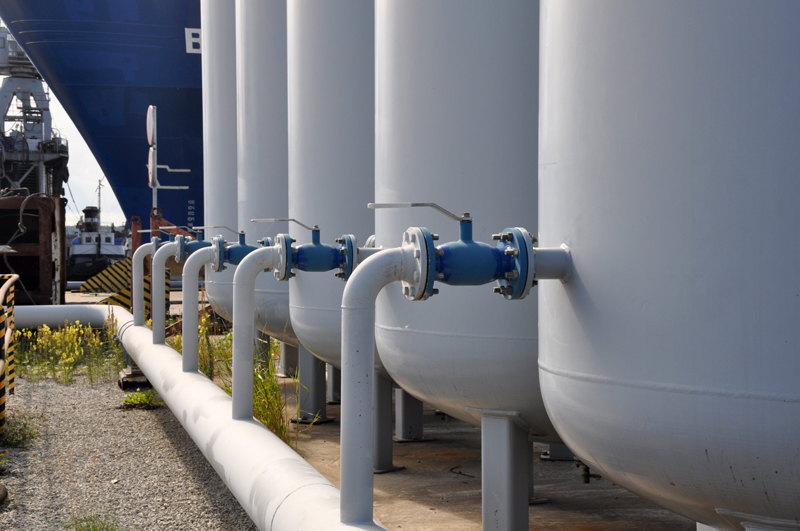The Maine Public Utilities Commission is studying how using natural gas affects greenhouse gas emissions.
The commission is trying to determine if natural gas investment is consistent with the state’s statutory climate commitments, which require a 45 percent reduction in greenhouse gas emissions by 2045 from 1990 levels.
Natural gas currently accounts for less than 10 percent of residential heating in Maine, which is far lower than the rest of New England.
A majority of residential heating in the state comes from fuel oil (58.1 percent).
Maine Public Utilities Commission Chair Philip L. Bartlett II says the study of natural gas will “help align utility planning with Maine’s climate commitments.”
The Commission has issued an initial set of questions and invites interested parties to submit comments by June 10, 2025. Topics include:
- What new information or analyses are needed to inform the Commission’s ongoing decisions with respect to natural gas in Maine?
- What frameworks exist in other states?
- How should the Commission approach gas utility expansion given the State’s GHG reduction and climate goals and the Commission’s statutory authority with respect to gas utilities?
- How are or how should Maine’s gas utilities consider and prepare for potential reductions in the number of gas utility customers and declines in overall usage attributable to factors related to the State’s climate policies?
- What potential changes are (or should) gas utilities consider to their business models?






